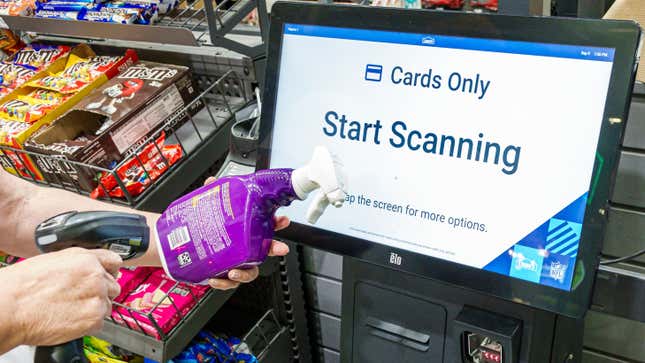
Revolving consumer loans (aka credit card debt) hit a new record in the US this week: $1.3 trillion, according to the Federal Reserve’s latest release on consumer debt. At an annualized rate, the category, which mostly consists of credit card balances, spiked nearly 18% in November. Though that growth is a bit slower when smoothed out over a few months, it’s still higher than it was for most of the period between the Great Recession and the onset of the covid-19 pandemic.
More credit card debt is a good thing and a bad thing in the US. The American economy runs on consumer spending, much of it fueled by debt. But there’s a trade-off: Debt that boosts economic activity in the short term can become a hindrance in the long term, when interest payments get too big for the bank accounts of the people making them. When credit cards come out because people are making more money and expect to keep doing so, that’s great. When they’re coming out because people need every bit of help they can get, it’s a different story.
Against a backdrop of rising debt piles, credit card delinquencies are slowly accelerating. In November, the Fed revealed that more Americans were falling behind on their card payments than since the tail end of the 2008–09 financial crisis. It’s a reminder of why so many people think the economy isn’t as sturdy as it looks.
Between inflation, the end of pandemic-era emergency cash assistance, and the resumption of student loan payments, it’s getting harder for people to pay their bills on time. A November blog post from the Fed branch in New York suggests that consumers with student loan debt are having some of the most trouble with delinquencies.
Credit card companies aren’t panicking yet, especially because the recent ramp-up comes after a big slowdown that coincided with brief savings bonanzas a couple of years ago. In an October earnings call with investors, Discover CFO John Greene said the card issuer expects late payments to peak later this year, though economic danger could still be lurking.
“If that doesn’t happen, that’s an indication that the stress that the consumers are seeing is more significant than what we’re observing today,” Greene said.